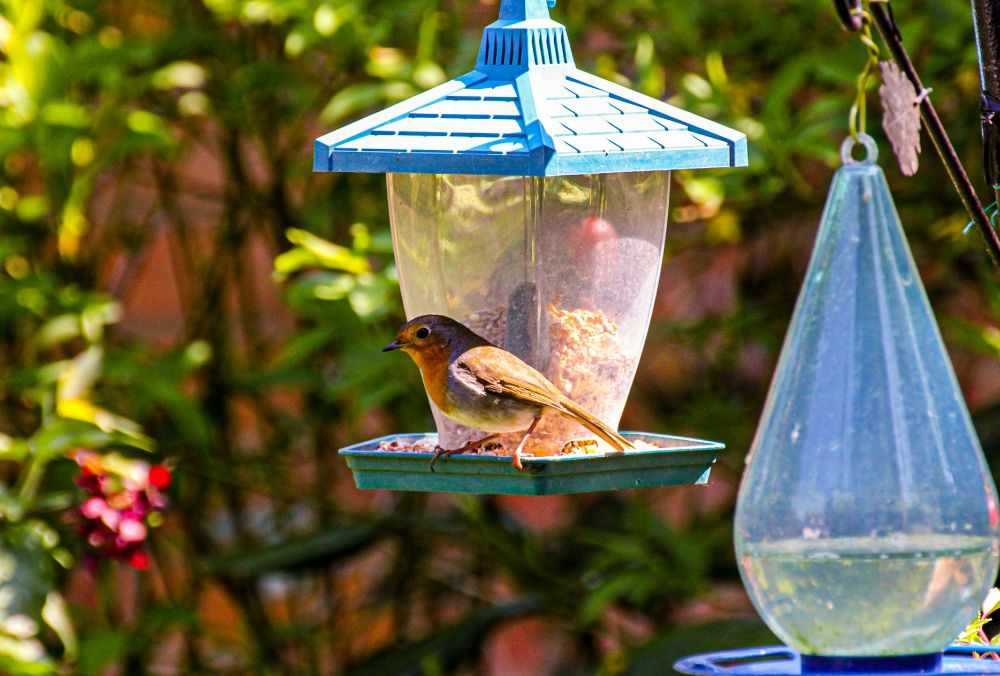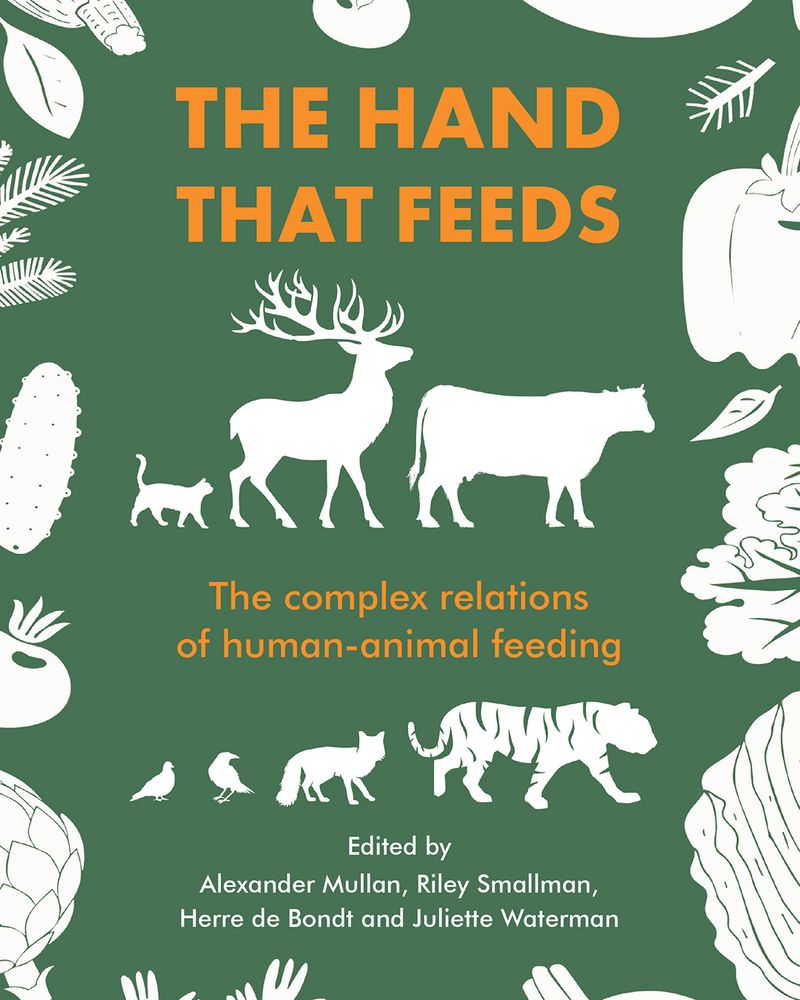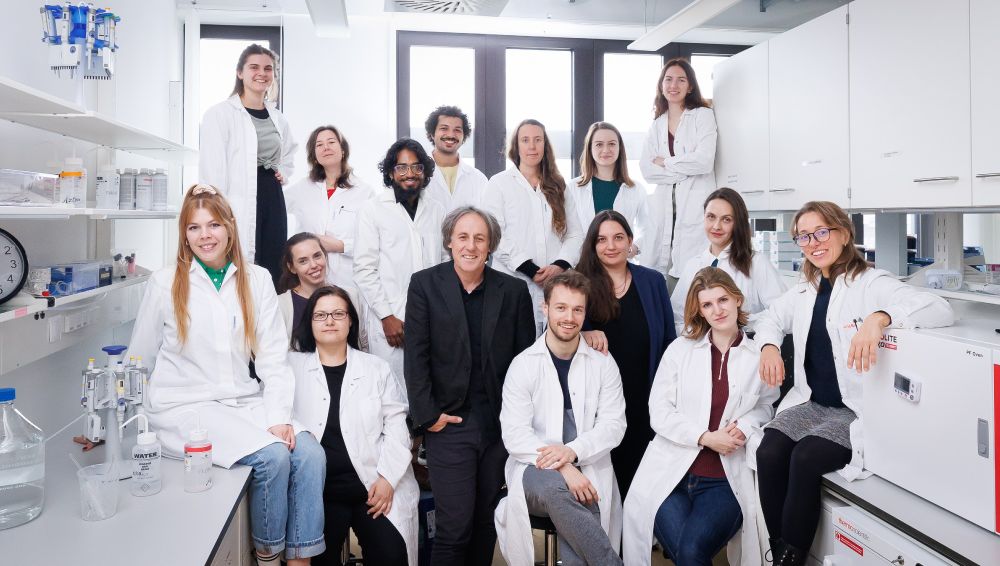@frontiersin.bsky.social @icaz-news.bsky.social @uor-research.bsky.social #archaeology #archaeobirds #zooarchaeology #ecology #stableistopes

@frontiersin.bsky.social @icaz-news.bsky.social @uor-research.bsky.social #archaeology #archaeobirds #zooarchaeology #ecology #stableistopes
We're hosting the next @ICAZ_News Stable Isotopes Working Group meeting at @UniofReading, 25–28 June 2025, theme: Back to the Future - tackling today’s questions with isotope insights from the past.
See you there 👉 zooarchisotopes.com/back-to-the-...

zooarchisotopes.com/back-to-the-...
@icaz-news.bsky.social #archaeobirds #animalhistory #zooarchaeology #archaeology

zooarchisotopes.com/back-to-the-...
@icaz-news.bsky.social #archaeobirds #animalhistory #zooarchaeology #archaeology
#readingatReading #BookSky
🔗 rdg.ac/3FfJidy

#readingatReading #BookSky
🔗 rdg.ac/3FfJidy
uclpress.co.uk/book/the-han...
uclpress.co.uk/book/the-han...
@uclpress.bsky.social

@uclpress.bsky.social
Find us in all the usual podcast places!
knowinganimals.libsyn.com/episode-237-...

Find us in all the usual podcast places!
knowinganimals.libsyn.com/episode-237-...
(Full article: nature.com/articles/s41...)

(Full article: nature.com/articles/s41...)
@katerinad.bsky.social and I are looking for an archaeologist/archaeological scientist to join us on a 4 year post-doc, helping to manage and participate in field and lab work on 2 ERC grants in our group. We would love to hear from you via the link! 👇
jobs.univie.ac.at/job/Postdoct...

@katerinad.bsky.social and I are looking for an archaeologist/archaeological scientist to join us on a 4 year post-doc, helping to manage and participate in field and lab work on 2 ERC grants in our group. We would love to hear from you via the link! 👇
jobs.univie.ac.at/job/Postdoct...
What do we know about the 🐻 and 🐶 that lived on Bankside? How big were they? What did they eat? How long did they live?🧵 of key findings below!
www.cambridge.org/core/journal...

More details and submit your abstracts here: zooarchisotopes.com/back-to-the-...
@icaz-news.bsky.social #zooarch #archaeology

More details and submit your abstracts here: zooarchisotopes.com/back-to-the-...
@icaz-news.bsky.social #zooarch #archaeology

More details and submit your abstracts here: zooarchisotopes.com/back-to-the-...
@icaz-news.bsky.social #zooarch #archaeology

www.sciencedirect.com/science/arti...

www.sciencedirect.com/science/arti...


